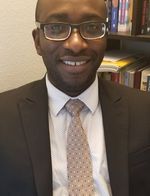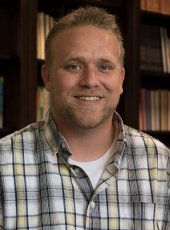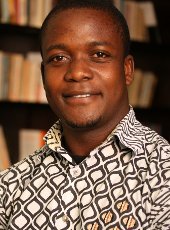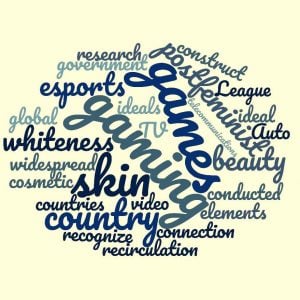PhD candidate Nada Alfier published an article recently: “Refugees, Health Management, and Cultural Influence,” Global Journal of Health Science 12 (7). Online at URL: https://doi.org/10.5539/gjhs.v12n7p142
She presented a version of this article at a RTC Colloquium in Fall 2019.





